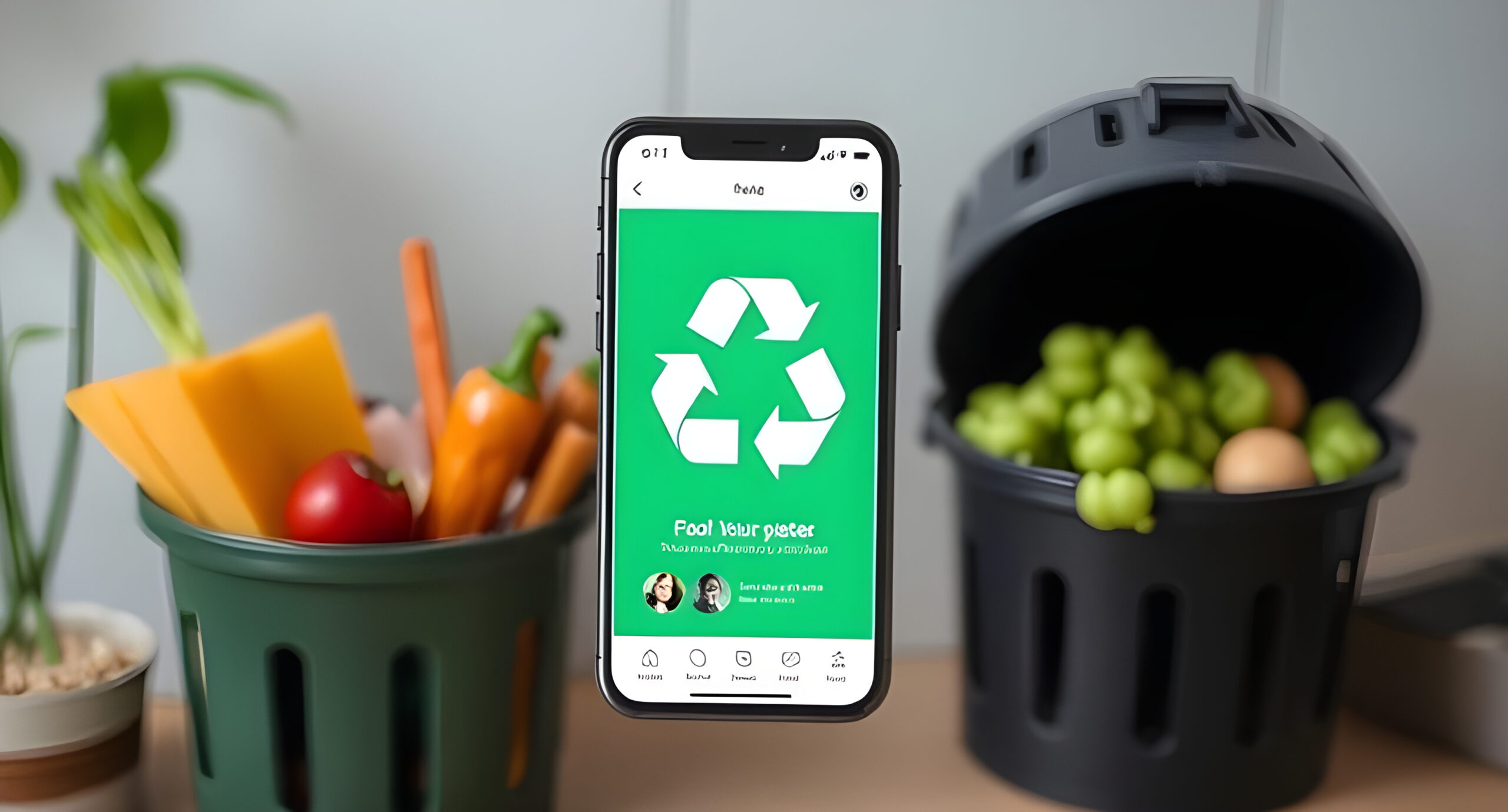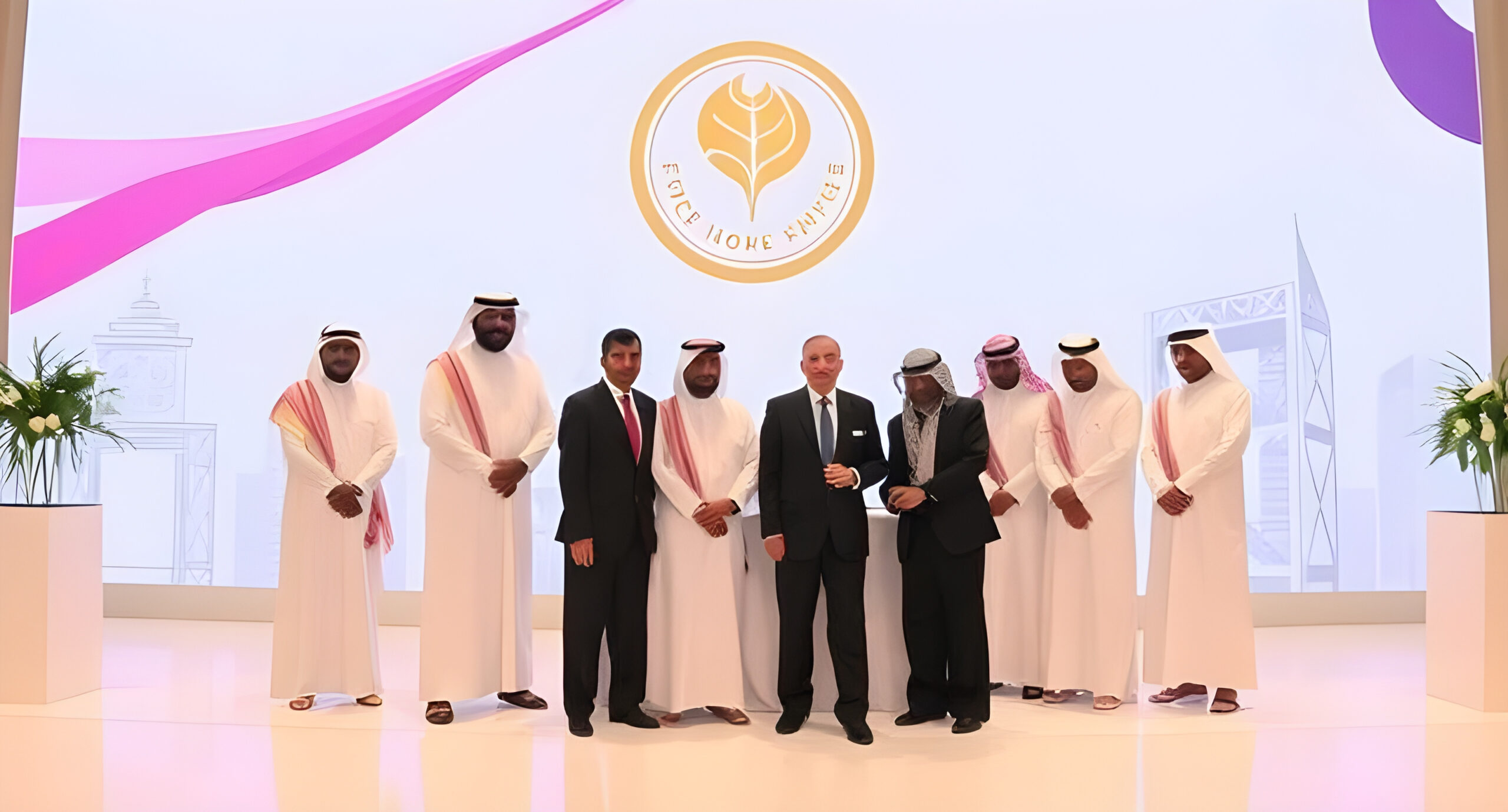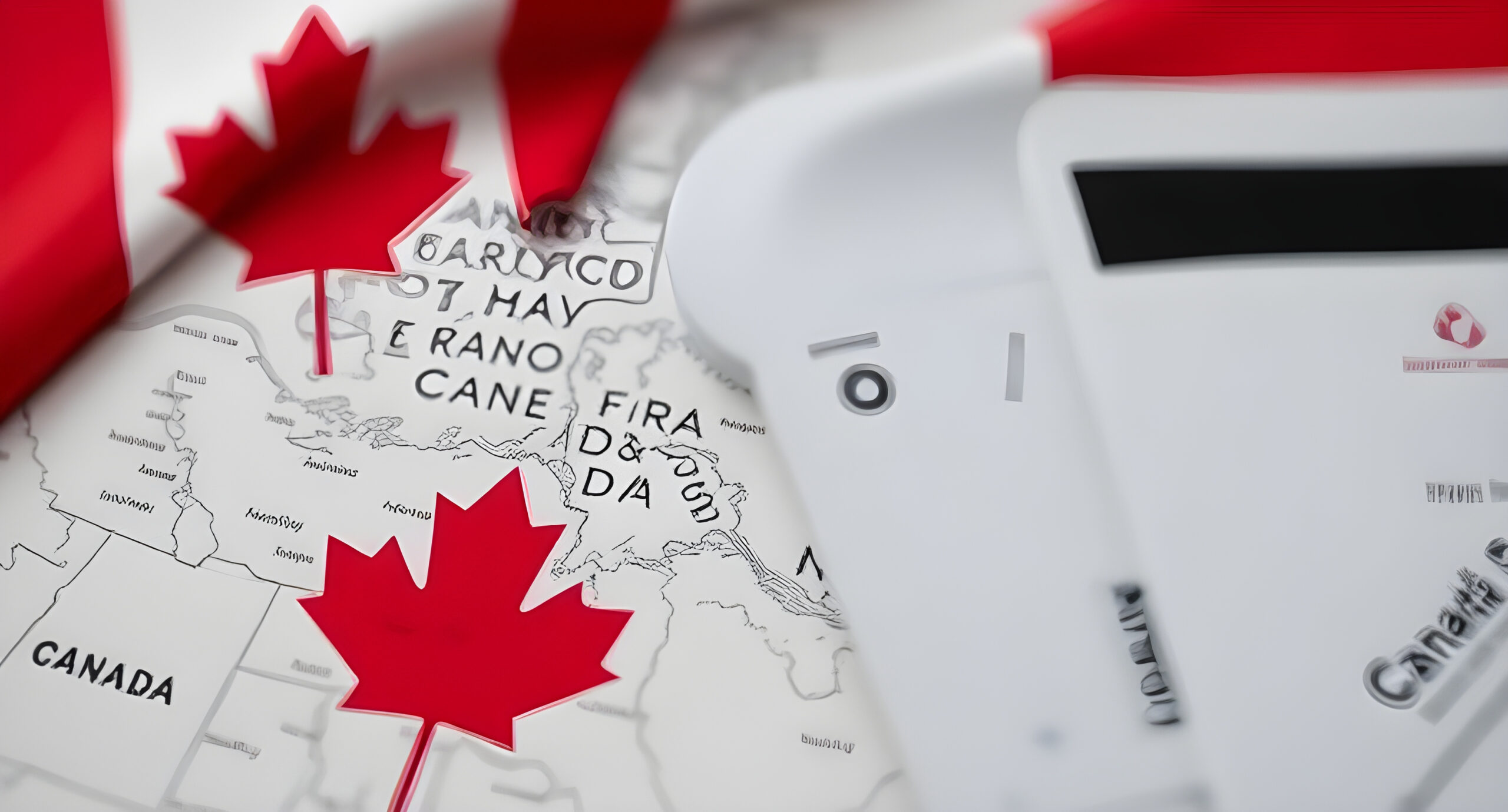Food waste in the UAE is a significant issue, particularly during Ramadan when it exceeds 50%. On regular days, the waste is over 30%. This problem is exacerbated by the country’s reliance on imported food and large-scale events that generate substantial amounts of waste. To address this, initiatives like the UAE National Food Loss and Waste Initiative (Ne’ma) and the UAE Food Bank have been launched. Ne’ma aims to raise awareness and reduce waste across the food supply chain, while the UAE Food Bank collects excess food for redistribution.
ReLoop, a climate tech app co-founded by Youssef Chehade and Mohammad Abdulmoti, offers innovative solutions by making recycling accessible through doorstep collection services. Since its inception in 2021, ReLoop has diverted over one million kilos of food waste from landfills, converting it into nutrient-rich compost for agriculture. The company collaborates with national initiatives to reduce waste at major events like Abu Dhabi Sustainability Week and Formula 1.
The UAE’s efforts to combat food waste also involve integrating technology into supply chains. Hotels and restaurants are using AI to forecast demand and reduce waste. For instance, Jumeirah Zabeel Saray reduced food waste by 20 tonnes, equivalent to 50,000 meals, in 2022. These initiatives not only reduce waste but also contribute to a more sustainable economy by transforming waste into valuable resources like compost and bioactive compounds.
The environmental impact of food waste is substantial, as decomposing food emits methane, a gas 25 times more harmful than CO2. Addressing this issue is crucial for achieving sustainable consumption patterns and reducing greenhouse gas emissions. By combining awareness campaigns with technological innovations, the UAE aims to halve food waste by 2030.
The collaboration between ReLoop and Ne’ma has shown promising results, such as diverting 310kg of food waste at Taste of Abu Dhabi, preventing 775kg of CO2 emissions. These efforts aim to educate the public on practical strategies for reducing food waste, inspiring long-term behavioral change.





